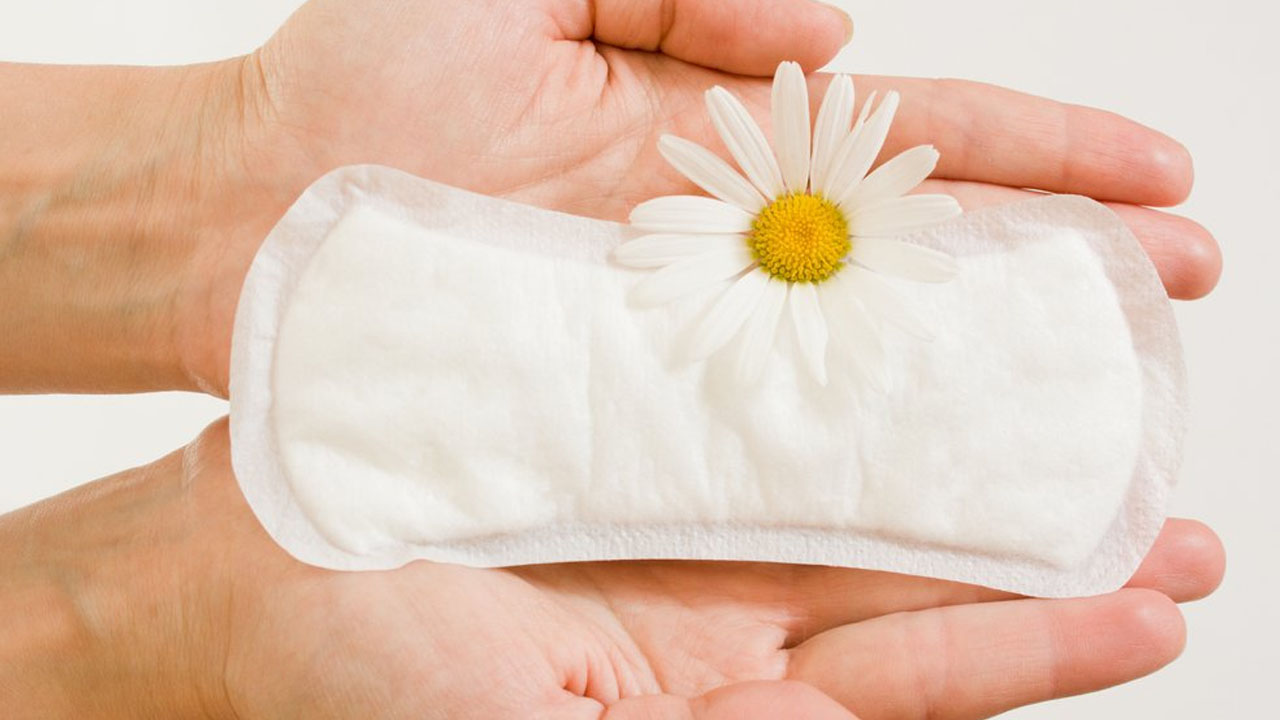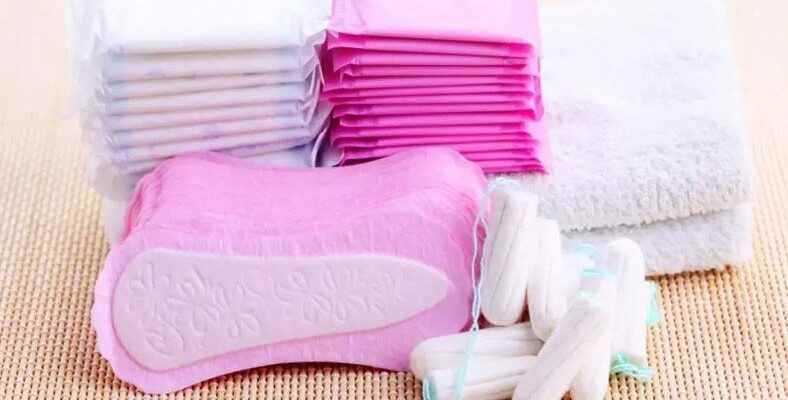Tekirdağ Deputy Candan Yüceer brought the 18 percent VAT from feminine hygiene products to the parliamentary agenda. Yüceer, who created a draft law, demanded that the VAT taken from these products be fixed at 1 percent.
In a content we shared with you yesterday, Derya Yanık, Minister of Family and Social PoliciesFrom the statements made by . we talked about. Minister Yanık stated that a legal regulation could be made regarding the prices of such hygiene products. On the subject today a new improvement more happened.
Deputy Cordially Yüceerbrought the price increases in women’s pads to the agenda of the parliament. Candan Yüceer, who presented a bill she prepared to the Presidency of the Turkish Grand National Assembly, Reducing VAT from 18% to 1% wanted. If the offer enters into force; Feminine hygiene products such as pads and tampons will become more accessible.
The bill has valid reasons.
Candan Yüceer presented the justifications of the bill she prepared to the Presidency of the Grand National Assembly of Turkey. 5 main items deputy standing on it; that feminine hygiene products are not luxury consumption products, that the right to health is prevented by taxation, that women 82 percent of He states that he could not reach the pads, that a campaign that was started gathered more than 33 thousand signatures and that some women had to use a piece of cloth because they could not reach the pads. Let’s look at those reasons together.
right to health
The right to health is among the social rights in Article 56 of our Constitution. On the other hand, article 65 of our Constitution states that “The state fulfills its duties determined by the Constitution in social and economic fields to the extent of the adequacy of its financial resources, by considering the priorities appropriate to the purposes of these duties”. In the classification of human rights, the right to health is among the second generation rights and as a positive status right. Although it is not correct to evaluate the menstrual period as a disease, not using sanitary materials suitable for the cleaning required by the menstrual period in this period causes reproductive tract diseases.
Pads are not luxury goods
As a result of the struggles of women’s organizations for many years, an awareness has been created in the world on this issue, and positive steps have been taken in favor of women in many countries. These basic consumption products used by women, who make up half of the society, are taxed with 18 percent Value Added Tax (VAT) in Turkey, as if they were luxury consumption products. These products, which are already expensive especially for people who live below the poverty line and do not have a regular income, have become quite inaccessible after the rise in the exchange rate. Many girls and women in our country are faced with reproductive health diseases because they do not have the financial power to buy the hygiene products that should be used during the menstrual period.

82% of women cannot reach the pad
In the statement made by the Deep Poverty Network after the field studies, it is stated that “We conducted in-depth interviews with 103 families, both qualitatively and quantitatively. According to the results of our research, 82 percent of the women we interviewed do not have access to sanitary pads. Other women we interviewed said that they had access to pads from time to time.”
Women have to use rags
Continuing its activities by saying that we have declared war on menstrual poverty and the taboo culture on this issue, We Need to Talk Association conveys its striking experiences in its field studies as follows: experiencing more. As far as we have learned from our face-to-face meetings, there are those who have to survive this period by bleeding or use rags, pieces of fabric that cannot be disinfected, hood cloths torn from tents, newsprint, and even large leaves. There are also those who use cloths they sew themselves instead of sanitary pads. Although this seems like a more sustainable solution, it is not very effective especially in working and living conditions where access to clean water is limited. We’ve also learned that some women use a pack of pads very infrequently, even for a full day, so that a pack of pads can handle a family.”
33 thousand signatures were collected
The petition launched on Change.org with the title “Let the Taxes on Women’s Hygiene Products be Deducted by 18%” has now been signed by 33,100 people. For all these reasons, the tax burden on hygiene materials should be removed.
Source :
https://www.gazeteduvar.com.tr/chpden-ped-fiyatlari-icin-teklif-vergi-yuzde-1e-dusurulsun-haber-1548858
